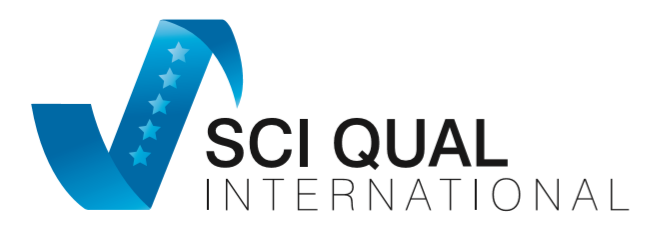Impartiality Policy
Home /
Introduction
The Board of Sci Qual International Pty Ltd (SQI) is fully committed to ensuring the impartiality of its certification decisions. It recognizes the critical importance of impartiality in conducting certification activities and the necessity of managing conflicts of interest to maintain objectivity throughout its certification processes. The following policy outlines the measures SQI takes to uphold these principles.
Independence from Conflict of Interest
Sci Qual International Pty Ltd and any entities under the same legal structure shall not:
I. Act as the designer, manufacturer, installer, distributor, or maintainer of any certified product.
II. Be involved in the design, implementation, operation, or maintenance of certified processes.
III. Be the designer, implementer, provider, or maintainer of certified services.
IV. Offer or provide consultancy services to certification clients.
V. Offer or provide management system consultancy or internal auditing services to clients in instances where the certification scheme requires evaluating the client’s management system.
SQI ensures that the activities of any related legal entities do not compromise the impartiality of its certification services.
Conflict of Interest Management
The Board has systematically identified, analysed, and documented areas of potential conflicts of interest within its operations, ensuring compliance with impartiality requirements. This analysis addresses any threats to impartiality and includes input from the Impartiality Committee. SQI has implemented policies and procedures to effectively manage these risks, ensuring that the certification process remains impartial and independent.
Impartiality in Certification Decisions
Financial or other considerations will not influence SQI’s certification decisions. The following key measures are in place to safeguard impartiality:
- Financial Transparency: SQI is vigilant in ensuring that financial relationships do not affect the integrity of the certification process.
- Certification Panel: Certification decisions are made by an independent Certification Panel, whose members are not part of the audit team and have no conflicts of interest with the client organization.
- Impartial Certification Decisions: All certification decisions are made impartially, without any external influence.
- Conflict of Interest Declarations: Auditors and relevant stakeholders are required to declare any conflicts of interest prior to assignment. In cases where conflicts arise, individuals will be excluded from the decision-making process.
- Independent Determination: Normally, a member of the Certification Panel will make certification decisions. If all members of the panel have been involved in the initial assessment, an impartial decision will be made by the Company Secretary, Chairman, General Manager, or another designated director on behalf of the Board.
Mitigating Impartiality Threats
If any relationship or situation is identified as a potential threat to impartiality, SQI will document and implement actions to eliminate or mitigate the risk. Such cases will be reported to the Impartiality Committee for review.
Potential threats to impartiality may stem from ownership, governance, personal or management relationships, shared resources, finances, contracts, marketing arrangements, or the payment of commissions for client referrals.
Escalation and Oversight
In cases where the Certification Panel has been involved in the assessment, and their recommendations differ from the audit team’s findings, the outcome of the certification will be determined by the Board. The Impartiality Committee will be notified to review the situation and provide input. The appeals group or other relevant committees may also be involved if necessary.
Role of the Impartiality Committee
The Impartiality Committee plays a vital role in safeguarding the independence and impartiality of SQI’s certification activities. It provides oversight, advice, and input to ensure that impartiality risks are effectively managed, and that SQI maintains its commitment to impartiality in all certification processes.
